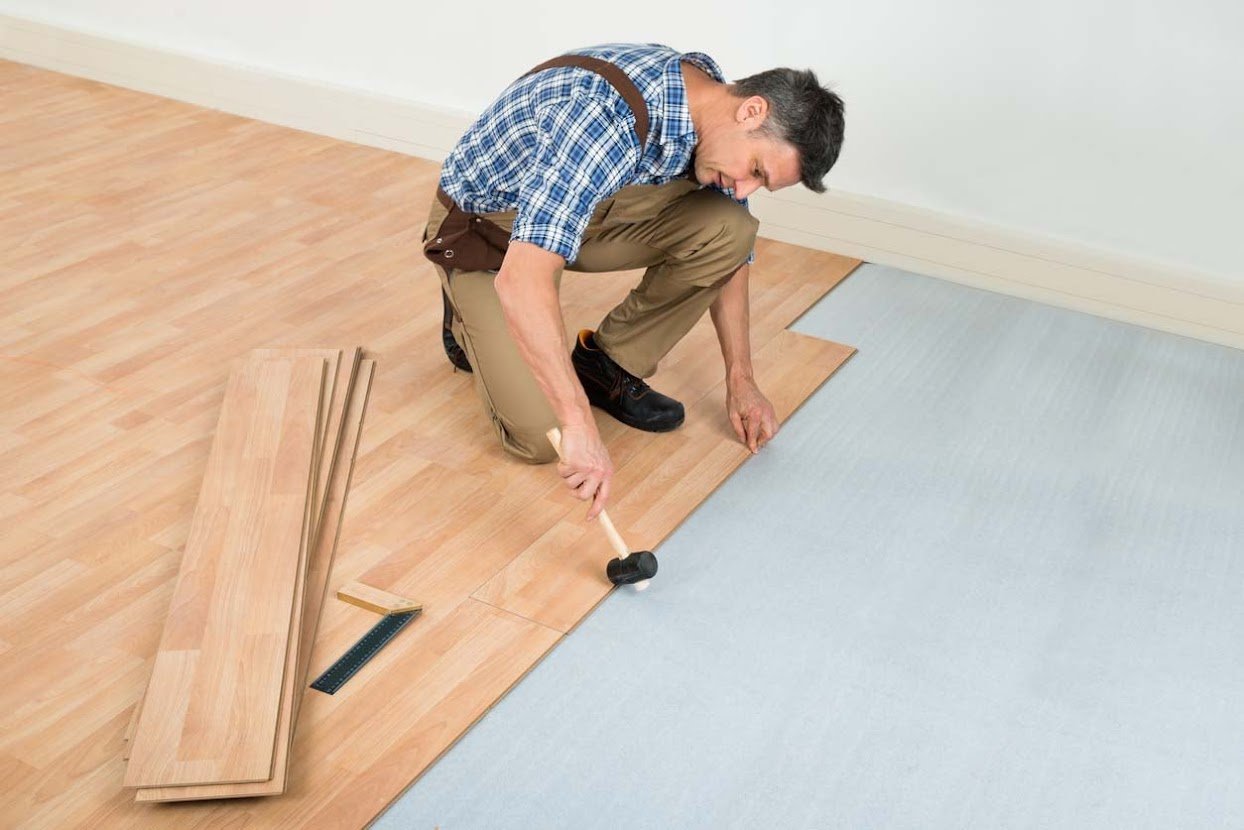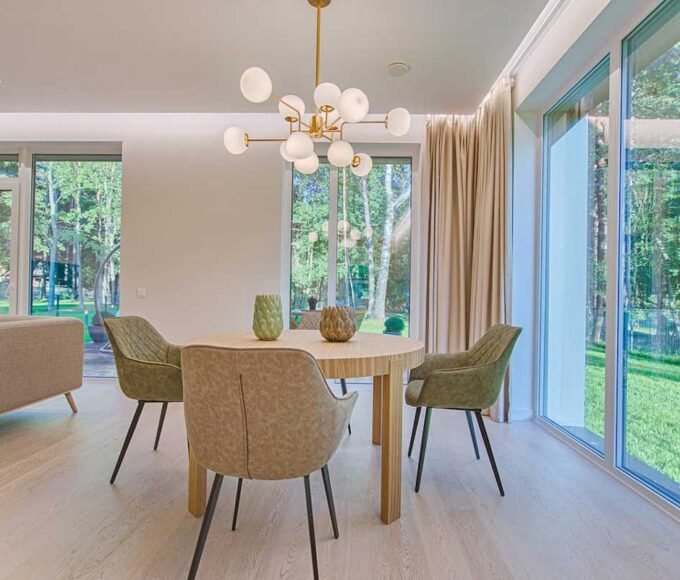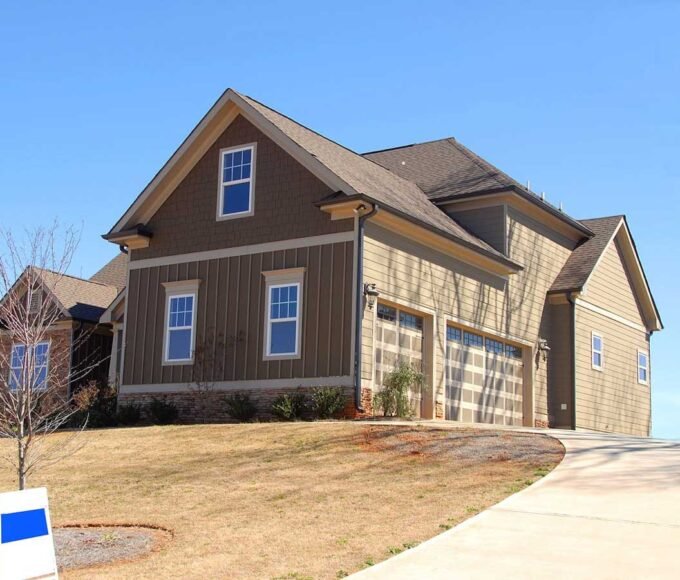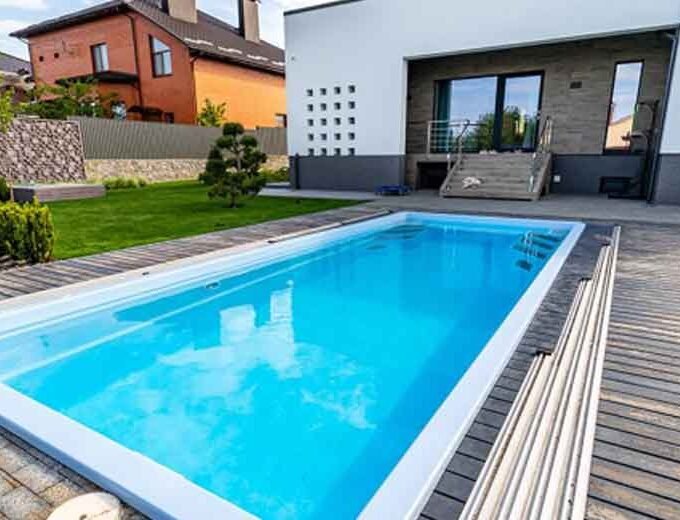Hardwood floors are a timeless and elegant addition to any home. They provide warmth, durability, and a natural beauty that can transform a space. However, over time, hardwood floors can become worn, damaged, or simply outdated, necessitating a replacement. If you’re considering replacing your hardwood floors, it’s important to understand the cost involved in such a project. In this article, we’ll explore the factors that influence the cost of replacing hardwood floors and provide you with a general idea of what to expect.
The cost of replacing hardwood floors can vary significantly depending on several factors, including the type of wood, the size of the area, the condition of the subfloor, and the complexity of the installation process. Let’s break down each of these factors to get a better understanding of their impact on the overall cost.
Type of Wood
The type of wood you choose for your replacement hardwood floors will have a significant impact on hardwood floor refinishing cost. Some common hardwood options include oak, maple, cherry, walnut, and exotic woods like teak or Brazilian cherry. Each type of wood has a different price per square foot, with exotic woods generally being more expensive than domestic ones. Additionally, the grade of the wood (select, #1 common, #2 common) can also affect the cost.
Size of the Area
The size of the area to be replaced is another crucial factor in determining the cost. The larger the area, the more materials will be required, and the higher the labor costs will be. If you’re replacing hardwood floors in a single room, the cost will be lower compared to replacing floors throughout an entire house.
Condition of the Subfloor
Before installing new hardwood floors, it’s essential to assess the condition of the subfloor. If the subfloor is uneven, damaged, or needs repair, additional work will be required, which can increase the overall cost. Sometimes, a subfloor may need to be completely replaced, adding to both material and labor expenses.
Complexity of the Installation
The complexity of the installation process can significantly impact the cost of replacing hardwood floors. When your home has intricate architectural features like curved or angled walls, or if there’s a lot of furniture that needs moving or temporary storage during installation, this can elevate the labor costs. Furthermore, hardwood flooring installation intricacies, such as opting for patterns or designs like herringbone or chevron, add aesthetic value and make the process more time-consuming and complex, leading to higher costs. This complexity is often underestimated but plays a crucial role in the final pricing of the flooring project.
Additional Costs
Apart from the primary factors mentioned above, there are a few additional costs to consider. These may include the removal and disposal of the old flooring, the cost of underlayment, trim work, and any necessary repairs to the baseboards or molding. It’s also important to factor in the cost of finishing the new hardwood floors, which involves sanding, staining, and applying a protective sealant or finish.
Now that we have a better understanding of the factors influencing the cost let’s discuss some average figures. Please keep in mind that these are general estimates, and actual costs may vary depending on your location and specific project details.
On average, the cost of replacing hardwood floors can range from $8 to $15 per square foot. This figure includes both material and labor costs. For a 1,000 square foot area, you can expect to pay between $8,000 and $15,000. However, it’s essential to obtain multiple quotes from different contractors to get a more accurate estimate based on your unique circumstances.
It’s also worth noting that the cost can increase if you choose higher-end hardwood options or if you have additional requirements that add complexity to the installation process. Additionally, if you’re hiring a professional to remove and dispose of the old flooring and handle any necessary repairs, you should factor in the cost of these services as well.
When budgeting for your hardwood floor replacement, it’s important to consider the long-term value and benefits of investing in quality materials and professional installation. High-quality hardwood floors can last for decades with proper care and maintenance, adding value to your home and enhancing its aesthetic appeal.
Tips to Get the Best Value for Your Investment
Research and compare prices: Take the time to research different types of hardwood flooring and compare prices from multiple suppliers and contractors. This will give you a better understanding of the market rates and help you make an informed decision.
Obtain multiple quotes: Reach out to several contractors and request detailed quotes that break down the costs of materials, labor, and any additional services. Comparing these quotes will enable you to find the most competitive and reasonable pricing for your project.
Consider the long-term benefits: While it may be tempting to choose the cheapest option available, remember that hardwood floors are a long-term investment. Opting for high-quality materials and professional installation may cost more upfront but can save you money in the long run by reducing the need for repairs and replacements.
Plan for contingencies: When budgeting for your hardwood floor replacement, it’s wise to allocate a small contingency fund to account for unexpected expenses that may arise during the project. This will help you avoid any financial surprises and ensure a smooth installation process.
Hire a reputable professional: Installing hardwood floors is a skilled job that requires expertise and experience. Hiring a reputable and licensed professional will ensure that the installation is done correctly and efficiently, minimizing the risk of future problems.
Summary
The cost of replacing hardwood floors can vary based on several factors, including the type of wood, the size of the area, the condition of the subfloor, the complexity of the installation, and any additional services required. On average, you can expect to pay between $8 and $15 per square foot, but it’s crucial to obtain multiple quotes and consider the long-term value of investing in quality materials and professional installation. By doing so, you can achieve beautiful and long-lasting hardwood floors that enhance the beauty and value of your home.
















